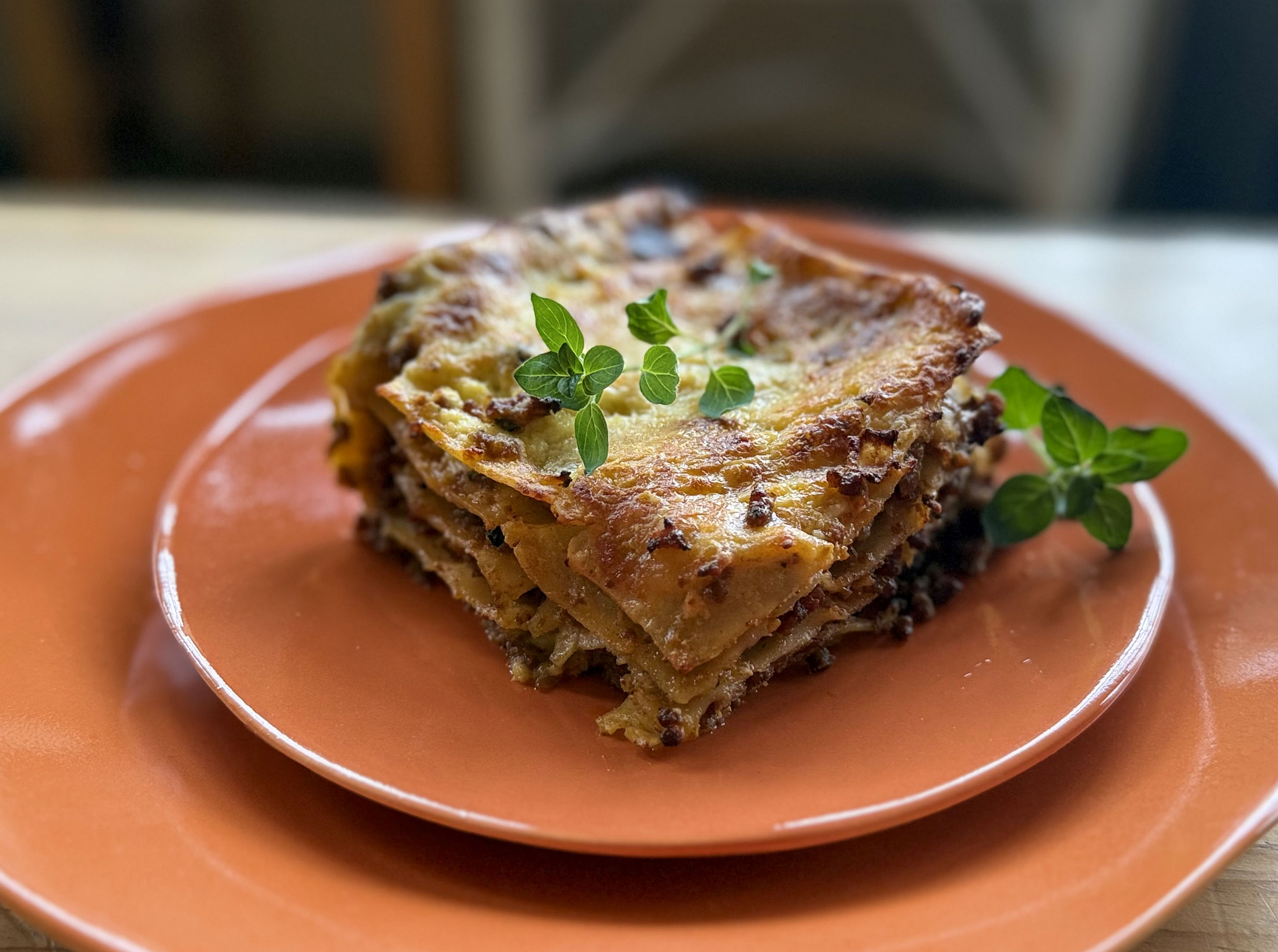There’s snow on Wapadsberg Pass today, between Cradock and Graaff-Reinet. It’s November. The last snow of the year happens in September. Sometimes. And that’s considered late.
But it seems unfair to blame the Weather Gods. We can hardly hold them responsible for climate change induced by human misbehaviour. I suppose they’re left with the problem of cleaning up our mess, as best they can. Most likely while grumbling about it like teenagers whose parents need to be brought into line.
Only days ago, I was explaining to the Foodie’s Wife that I had put the winter recipes away until next year. Usually, by mid October, in our part of the Karoo, you can be fairly sure that it’s behind us. “The heat returns on October 15,” a Cradock-born friend always insists. “There’ll be one more cold front in September,” the Foodie’s Wife asserts every year. And there is.
But November? What can the grownups do but shut the door against the cold, check the fridge and cupboards, and plan a supper of a nice lasagne bake.
Tony Jackman’s weekly newsletter is packed with bright food ideas and delicious stories about food and life. Sign up to Tony’s weekly newsletter here. It’s free, and in your inbox every Friday afternoon. If it goes to promotions or spam at first, please drag it into your inbox.
I often use a dish that’s a bit too big for a good lasagne. The dish, when served, needs to stand tall. Its layers need to show. Try to select a deep dish that fits two standard lasagne sheets side by side.
For a meat lasagne, use beef, although other meats from veal, pork and lamb to chicken are sometimes used. What you do need is meat that is finely minced.
The rest is simple: onion, garlic, a herb (I like to use oregano, or thyme, or both), wine if you like, and of course tomato. I also like to add a bit of ground nutmeg. If using wine, it needs to be mostly cooked away, so that you have its essence rather than its substance.
To be sure the lasagne won’t collapse, it’s wise to leave it to stand for 10 minutes after it comes out of the oven. Then, once a portion is served, it ought to hold itself with pride.
Tony’s winter lasagne in spring
(Serves 2 with seconds, or 4)
Ingredients
Olive oil
1 large onion, chopped
1 celery stalk, diced
3 garlic cloves, finely chopped
Picked leaves of 3 or 4 oregano sprigs
A glass of dry white wine
600g lean minced beef
1 x 400g can chopped tomatoes
A few grinds of nutmeg
Salt and black pepper to taste
Plenty of grated cheese such as Cheddar, mozzarella, or both
Lasagne sheets, as many as needed (I used about 8)
Grated Parmesan
For the béchamel:
2 heaped Tbsp flour
2 generous Tbsp butter
500ml milk
1 bay leaf
Salt
Method
Heat a generous glug of olive oil in a pan and add the onion, celery and garlic. Add the oregano leaves. Simmer, stirring, for a few minutes until the onions and celery have softened. They don’t need to take on colour.
Add a glass of wine and reduce until only a fraction of the liquid is left.
Add the minced beef and work it with a wooden spoon so that it doesn’t form clumps.
Add the chopped tomatoes and work the contents of the pot until well incorporated. Season with salt and black pepper to taste, and a few gratings of nutmeg.
Simmer on a low heat, stirring now and then, for half an hour or more. The result should be tender meat and a moist mixture, but not too wet.
At some point, preheat the oven to 200°C or thereabouts.
Make a béchamel sauce. Heat the milk with a bay leaf and a little salt but don’t let it boil. Melt butter and, off the heat, thoroughly stir in the flour. On the heat, add the milk a little at a time while stirring, until you have a fairly thick sauce.
Grease a deep dish with butter. Spoon in some of the mince. Add 2 or 3 lasagne sheets, depending on how wide your dish is (mine fitted two side by side). Pour over some of the béchamel. Grate some cheese over. Add more lasagne sheets. Repeat (mince, lasagne sheets, sauce, cheese, lasagne) until all has been used, finishing with béchamel on top. Grate Parmesan over.
Bake in the preheated 200°C oven for about 45 minutes or until the lasagne is soft and the topping is golden. A side salad is served traditionally but there’s no reason you can’t just have a nice big slice of lasagne on its own. Or two. DM
Tony Jackman is twice winner of the Galliova Food Writer of the year award, in 2021 and 2023
Order Tony’s book, foodSTUFF, here.
Follow Tony Jackman on Instagram @tony_jackman_cooks.
This dish is photographed on plates by Mervyn Gers Ceramics.





